Govt firm in resolve to fight graft
By Wu Wencong and Hu Yongqi in Beijing, Zhang Chunyan in London and Chen Jia in San Francisco ( China Daily ) Updated: 2013-03-28 07:44:39
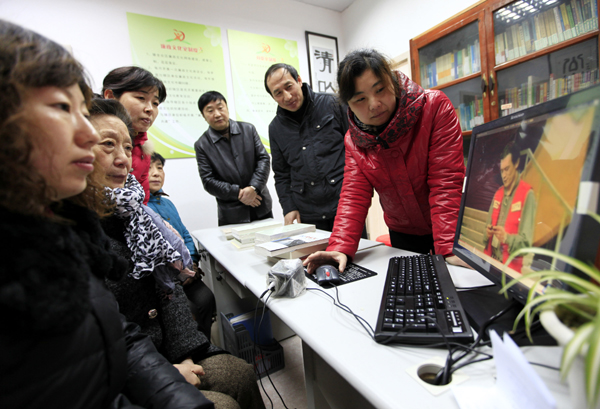 |
|
Residents watch a documentary on clean governance in Huaiguqiao neighborhood community center in Wuxi, Jiangsu province. Nan Ke / for China Daily |
In the following two weeks, Xi and several other top Party leaders repeatedly spoke of their willingness to improve anti-corruption work, making their comments both at public forums and internal meetings. "A large number of facts show that corruption could cause the collapse of the Party and the country if it were to become increasingly severe, and we must be alert," said Xi during the first study session of the new CPC leadership committee on Nov 17.
"The most surprising announcement was not that the CPC wishes to eradicate corruption, which it now freely admits is rampant - but that it admitted it might cause the 'collapse' of the party," said Richard Harris, chief executive of Port Shelter Investment Management in Hong Kong.
"This is the word that dare not speak its name. It was, therefore, a surprise to hear that tone being taken. There have been many campaigns against corruption, but if the price of failure is now seen publicly to be the collapse of the CPC, then this one will be more serious," he said.
The 18th National Congress saw several of the country's new leadership team speak out about the scourge of corruption. As a result, at least 27 officials at or above the level of director-general had been punished for violations of discipline or corrupt activities by Feb 20, according to media reports.
For example, Li Chuncheng, former deputy Party chief of Sichuan province, was removed from his post in December for unspecified violations of discipline.
Cases such as this make it imperative that a mechanism be established to curb the powers in the hands of officials, said Zhu Lijia, professor in public policy at the Chinese Academy of Governance.
Open to scrutiny
The role of People's Congresses at all levels must be strengthened to provide better supervision of local governments and the actions of government officials must be open to scrutiny by the media and the public, he added.
"Their (the public and media) involvement in the anti-corruption drive will provide clues about corrupt officials. Without these measures, corruption will be like grass in a wheat field and will never be totally eradicated," said Zhu.
He called for fiscal budgets to be so tightly controlled that officials have no chance to misuse taxpayers' money, and he advocated the introduction of a number of other measures, including stronger anti-corruption legislation and a notification system that would require all Party and government officials to report their assets. He urged the new government to make measures such as these a major plank of its agenda.
Meanwhile, online anti-corruption platforms would help to correct the misdeeds of officials and should be encouraged, said Bai Zhili, associate dean of the School of Government at Peking University.
Bai said corruption stems from government officials abusing their power when operations are not transparent: "When officials are not fully aware of the limits of their legitimate power, they may be unaware that using their position for their own interest is wrong and contrary to public service. That sort of behavior seriously puts people's livelihoods and the image of the government at risk. Therefore, it's imperative that we perfect a mechanism to curb cadres' individual powers," he said.
Yao Shujie, head of the school of contemporary Chinese studies at Nottingham University in the United Kingdom, said curbing corruption is like a good doctor helping his patients.
"Corruption should be prevented by creating a clean government through the introduction of intra-party democracy and subjecting party and state officials to public scrutiny and transparent disciplinary procedures. Relatives of officials should not be allowed to enter business, or if they do, their business activities should be disclosed to the public," he said.
Zhang Yuwei in New York and China Daily reporters in Hong Kong contributed to this story.
Contact the writer at wuwencong@chinadaily.com.cn
Related Stories:
A new economic engine for China
Mainland can learn from ICAC's success
- Li defines criteria for fighting corruption
- Chinese premier urges deepening reform for anti-corruption
- Anti-corruption efforts must target bigger fish
- Li vows to crack down on corruption
- Xi pledges resolute fight against corruption
- China unveil anti-corruption working practices
- Ministry calls for curbing academic corruption
- Top anti-corruption official stresses frugality
|
|
|
|
|
|
|
|
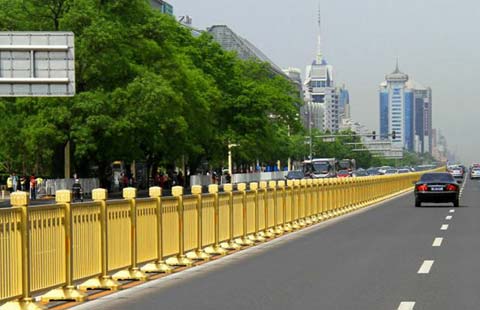
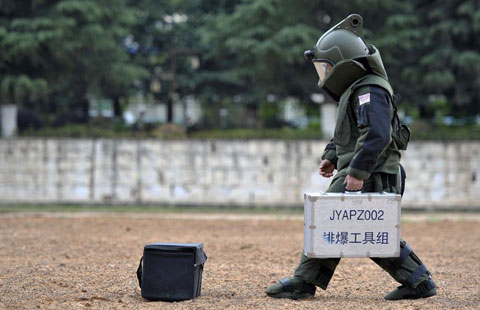







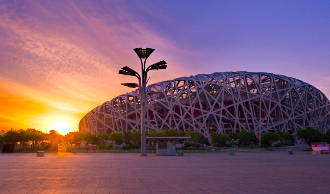
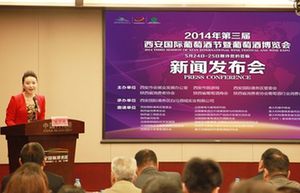







 Op Rana
Op Rana Berlin Fang
Berlin Fang Zhu Yuan
Zhu Yuan Huang Xiangyang
Huang Xiangyang Chen Weihua
Chen Weihua Liu Shinan
Liu Shinan